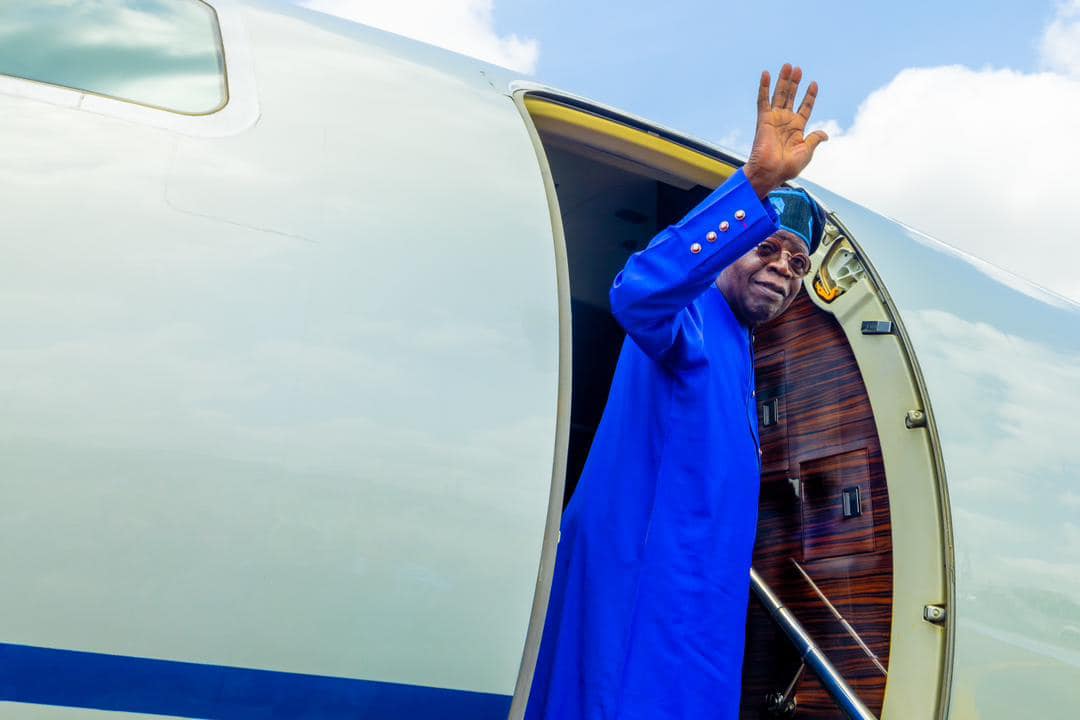
In 1992, Tinubu won the Lagos West senate seat. During his brief stint in the Senate (22 months), he led the Senate Committee on Banking, Finance, Appropriations and Currency.
Following the dissolution of the third republic by the military junta, Tinubu was forced to flee the country for championing the cause for a return to democracy and the installation of the winner of the 1993 presidential elections, Moshood Abiola.
Tinubu returned to Nigeria in 1999 and joined the Justice Forum, a political platform for the progressives in Lagos and became one of the prominent members that formed the Alliance for Democracy. He was supported by members of NADECO, Afenifere and citizens alike. This gave him the base he needed to emerge as the Lagos state governorship candidate under the AD.
Tinubu in a landslide victory polled 814,000 votes to defeat the candidate of the Peoples Democratic Party, Dapo Sarumi, who got 184,000; the candidate of All Peoples Party Nosiru Kekere-Ekun scored 122,000 votes. Tinubu won 19 of the 20 local councils.
In 2023, during the presidential elections held on February 25, Tinubu defeated his opponents with a wide margin, Atiku Abubakar of the Peoples Democratic Party and Peter Obi of the Labour Party by scoring 8.7 million votes. He garnered over 25 per cent of the votes cast in 30 states, more than the 24 states constitutionally required and was declared the president-elect by the Independent National Electoral Commission on March 1, 2023.
Thus making him the first former senator who attained the position of governor and ended up becoming a President of Nigeria.




